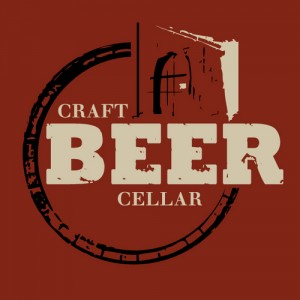
In a letter to the industry group, Craft Beer Cellar, a Belmont, Mass.-based purveyor of premium craft and import beer, is requesting that the BA – which plays a key role in defining industry terminology and the designation of craft brewery segments – introduce a “more modern and inclusive revision to the current definition of a craft brewer.”
The impetus for the letter is based on Craft Beer Cellar’s recent decision to reinstate beer from Narragansett Brewery – which uses adjunct ingredients to produce its flagship lager – to its shelves. Earlier this year, the retailer dropped the brand, along with several others, including Magic Hat and Pyramid, following a December statement from the BA that launched the first salvos in the so-called “craft vs. crafty” debate. The BA stated that “large, multinational brewers appear to be deliberately attempting to blur the lines between their crafty, craft-like beers and true craft beers from today’s small and independent brewers.”
After reading the BA’s statement, Craft Beer Cellar, which uses the URL nocrapbeer.com for its website, “chose to follow [its] marching orders” from the industry group and decided to align its offerings with the BA’s requirements for what can be defined as craft beer, according to a Jan. 14 blog post.
According to BA guidelines, an American craft brewery must be small (have production of less than 6 million barrels per year), independent (no more than 25 percent of the brewery is owned or controlled by an alcoholic beverage industry member who is not themselves a craft brewer) and traditional (produces only malted barley-based beer or has at least 50 percent of its production volume in either all-malt barley beers or in beers which use adjunct ingredients – such as rice and corn – to enhance rather than lighten flavor).
However, following a conversation between Craft Beer Cellar co-founder Suzanne Schalow and Narragansett CEO Mark Hellendrung, the retailer had a change of heart. Schalow learned that Narragansett uses a decades-old recipe for its lager that includes an adjunct component. Changing the recipe would alter the taste of Narragansett Lager, a highly popular beer in the New England market, and one that has been sold in the area since the 1800’s.
Schalow told Brewbound that she and Craft Beer Cellar co-founder Kate Baker determined that there was “something inherently wrong with the definition” of craft beer.
“Something about the decision to remove Narragansett just didn’t seem right,” Baker said in a statement. “Suzanne and I kept going over the BA’s definition of traditional—we just couldn’t fully accept why they wanted to exclude brewers like Yuengling and Narragansett. After Suzanne spoke with [Hellendrung], and better understood his intentions, we just knew we had to bring them back.”
Schalow said that while a product like Budweiser is also made with adjuncts and produced using an old, original recipe, the beer — as well as others like it – will remain excluded from Craft Beer Cellar’s shelves because the brand is owned by an “enormous” corporation. The retailer will also continue to exclude Magic Hat beer and others brands that are owned by very large corporations.
Craft Beer Cellar will send its letter to the BA next week with the recommendation that the organization adjust its definition of a craft brewery to include companies that produce beer made from longstanding, original recipes, even if adjuncts are used in the brew. Schalow said that the letter will be sent to all board members and top executives of the BA and will be signed by all 13 employees of Craft Beer Cellar, who came to a unanimous agreement about bringing Narragansett back.
